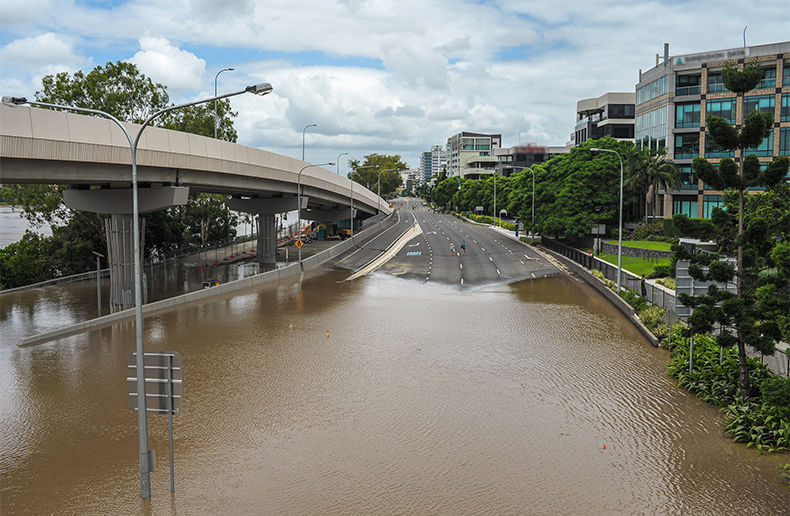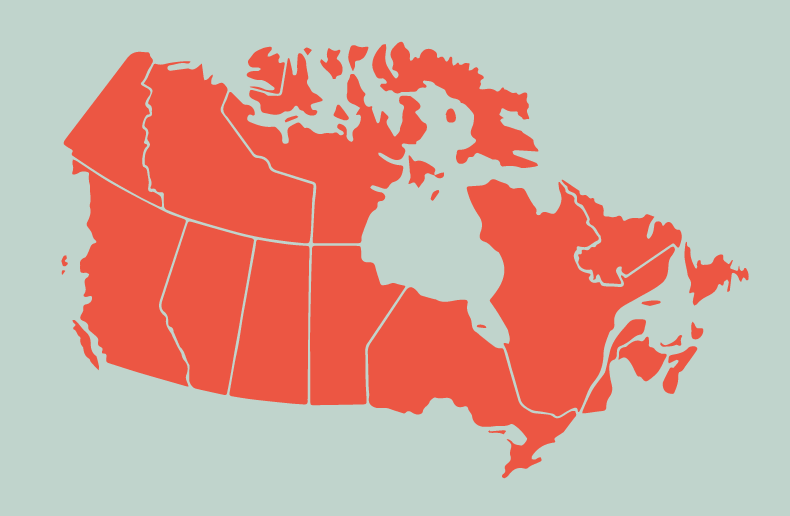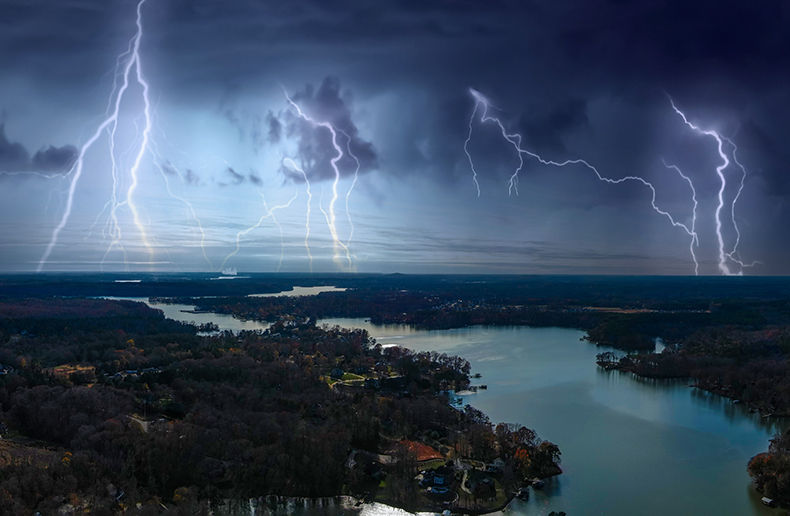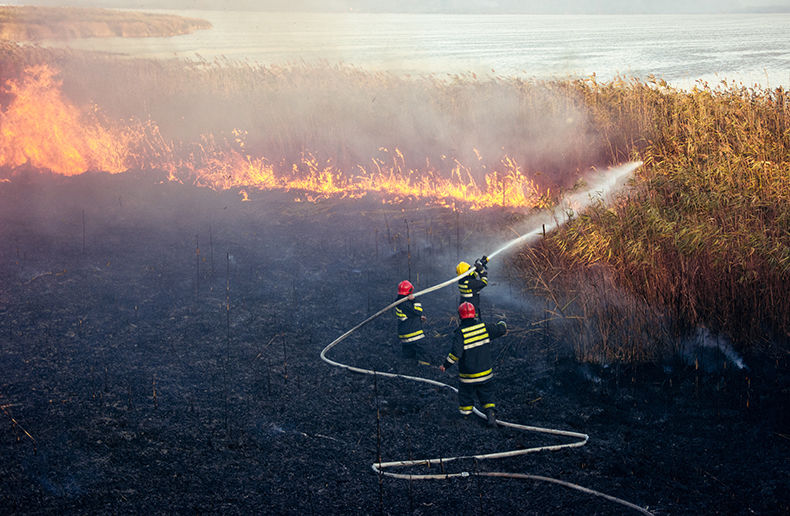While insurance associations call on the government to adopt a national flood insurance program, it’s been said that public education will need to be a significant part of addressing the climate change and natural catastrophe protection gap. A new consumer survey of 1,506 Canadians shows they may have their work cut out for them: Close to half of the population admits to being unconcerned about flood risk in their lives.
Related:
Insurers alone cannot address gaps in climate coverage
“Flooding season approaches fast,” says property restoration company, First Onsite Property Restoration. “Canada’s Task Force on Flood Insurance and Relocation states that several million homes in Canada are vulnerable to flooding. Overall, flooding has accounted for 40 per cent of weather-related catastrophes in Canada since 1970, according to the Intergovernmental Panel on Climate Change (IPCC).”
The survey conducted found that 58 per cent are worried about the damage caused by severe rains and flooding. Just 53 per cent were concerned about their level of insurance.
Broken down, they say regional concerns were highest in British Columbia with 73 per cent saying they are concerned about severe rains and flooding, followed by Atlantic Canada respondents, 65 per cent of whom said the same.
Notably, however, despite flooding events in Calgary and Southern Alberta in 2013 which caused $1.8-billion in insured losses and an additional $6-billion in uninsured costs, just 48 per cent of Alberta respondents and 46 per cent of Manitoba and Saskatchewan respondents said they were worried about flooding.
Meanwhile, despite enduring historic flooding in 2021, just 60 per cent of British Columbia respondents said they were concerned about their level of insurance coverage and whether their coverage was sufficient. Quebec residents were the least concerned about their insurance coverage, with just 43 per cent saying they’re concerned about the sufficiency of the coverage they have.
First Onsite says property damage caused by water related events, both natural and mechanical, typically accounts for nearly 70 per cent of all emergency responses for the company.







